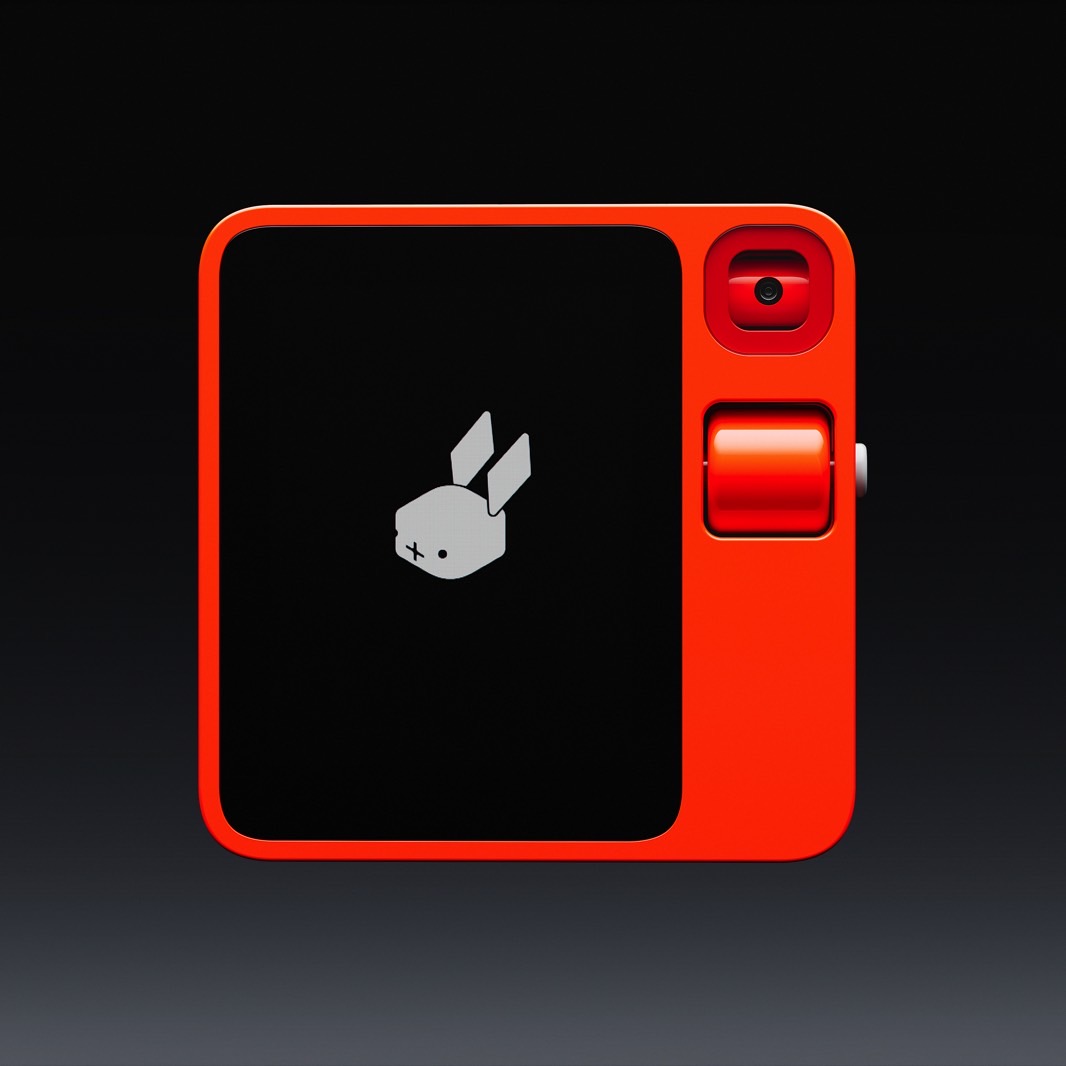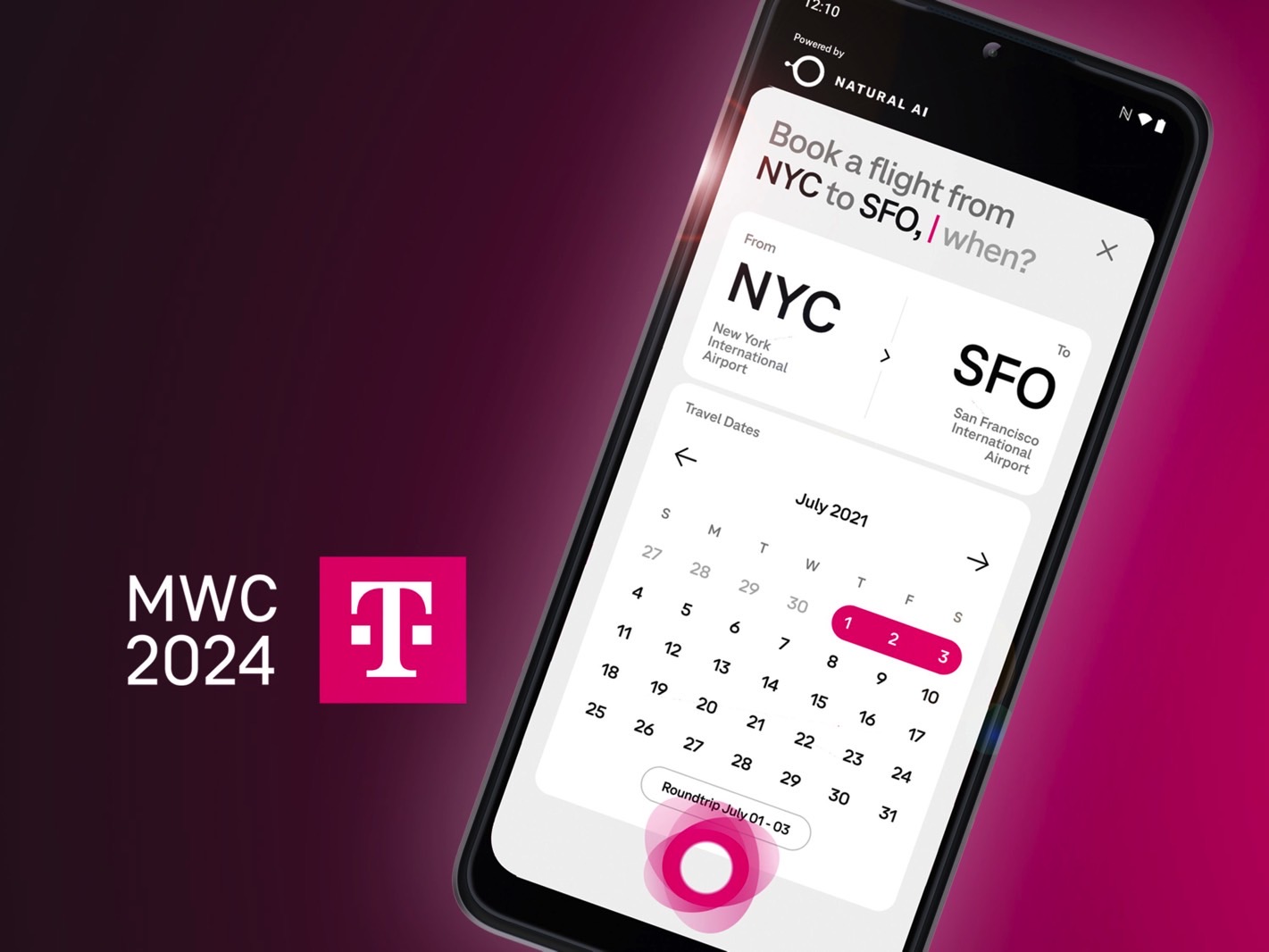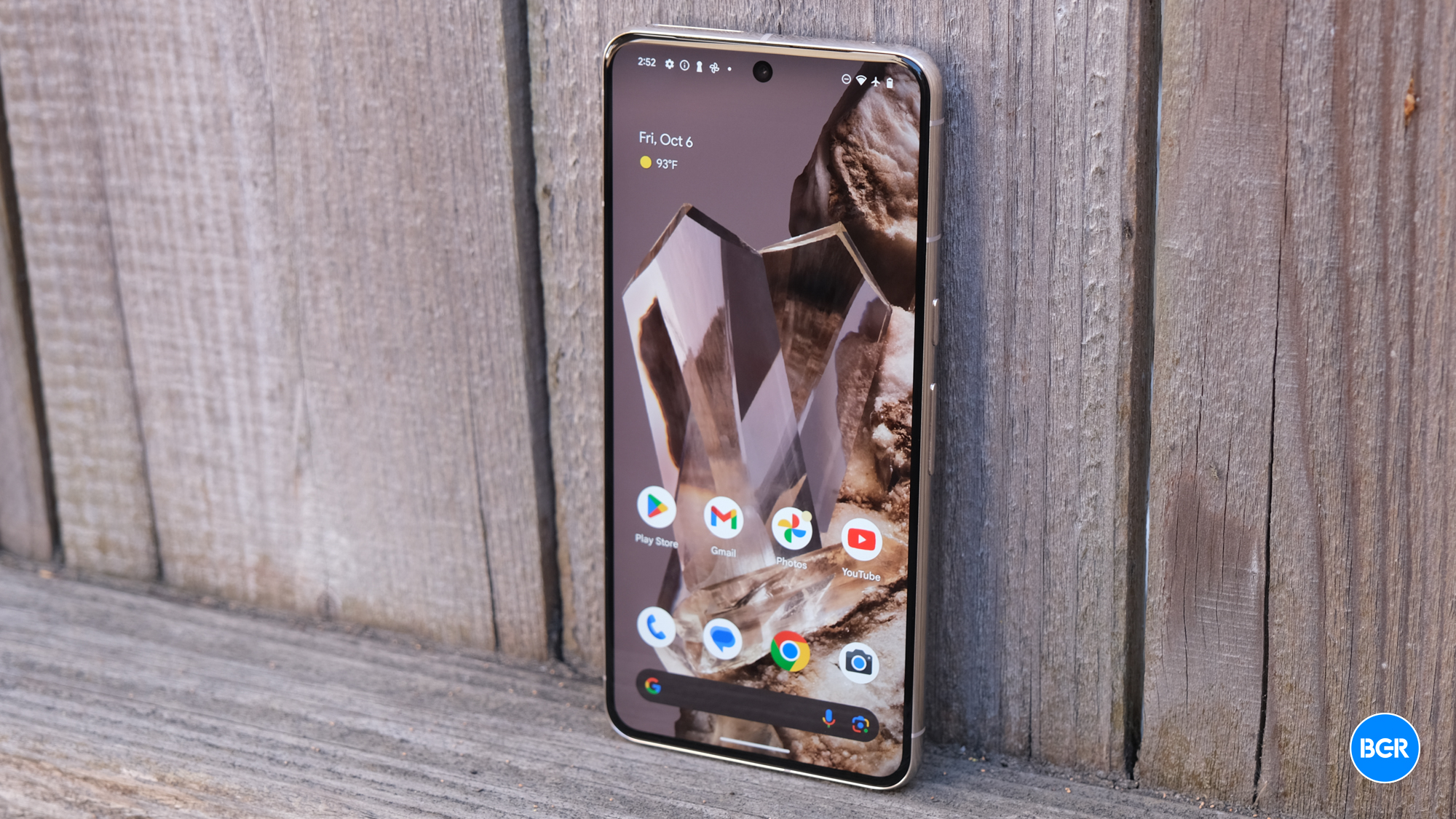When ChatGPT debuted in late 2022, many saw the conversational AI product as a direct threat to Google Search. That explains Google’s big pivot to AI last year, culminating with Google Gemini AI. The early AI war made it seem like Google Search wasn’t going to go down without a fight, despite the dawn of ChatGPT and AI-based online search alternatives like Perplexity.
But what if AI replaces Android on future smartphones? That hasn’t initially been a concern. However, the arrival of ChatGPT programs also fueled the development of devices we’ve never had before. Wearables like the Rabbit r1 and Human Ai Pin put AI front and center. And they run operating systems that do not have Android at the core. Smartphones might be next, and we’re already seeing the first devices emerge.
In a matter of days, we saw a couple of unexpected developments that directly threaten Android. Deutsche Telekom announced a device that wants to “free smartphones of apps.” Then, Chinese smartphone vendor Meizu announced that it will stop making traditional Android phones, choosing instead to go all in on AI.

Currently, you only have two choices for your smartphone. It’s either an iPhone running iOS or an Android device running Google’s Android. Only Apple makes iPhones, but anyone else can make Android phones. That’s why the latter is the dominant platform globally.
Android is one of the best things Google ever did, realizing back in the days of Symbian and BlackBerry that smartphones would be big. Google had to ensure the future of Google Search on mobile, and controlling the underlying operating system is what made it possible.
Yet Google won’t always directly profit from the platform. Android is free, so anyone can build Android devices. But the Android experience in China is different than the rest of the world. Also, we have Android forks that eliminate Google software products from Android, like Amazon’s Android fork that powers its tablets.
Meanwhile, Google’s version of Android, which runs on Pixel devices, is the best possible one. It also comes with new AI features that are available on Pixel 8 phones, and Google has only started. Samsung is another example of a strong Android player interested in AI. Just check the Google AI features of Galaxy S24, though Google is responsible for the coolest trick there as well.
Fast-forward to this week and Android is getting AI threats. First, we have Deutsche Telekom, the German giant imagining an app-free AI smartphone. If that sounds familiar, it’s because that’s what Humane and Rabbit propose for their wearable AI-first devices.
The gist of those experiences is that the AI will handle things without requiring the user to get into the apps. Those apps would still very much exist, however. They’d be installed on a device, and the user would have accounts to make those AI interactions possible.
The Deutsche Telekom AI phone
Ahead of MWC 2024, that’s what Deutsche Telekom is proposing: “a visionary AI phone concept together with Qualcomm Technologies, Inc. and Brain.ai.”
The software will act as an assistant, very much in line with the AI products I mentioned. “Book me a flight to the quarterfinals” is the example the carrier provides. That’s what you’d have to tell the AI, and it would know what you mean. And what apps to use to get you there:
Deutsche Telekom’s generative interface powered by Brain.ai makes it possible. Using AI, it takes over the functions of a wide range of apps and can carry out all daily tasks that would normally require several applications on the device. The concierge can be controlled effortlessly and intuitively via voice and text.

The mobile operator actually introduced a device with such powers, called the T Phone, which is already available:
Together with Brain.ai, the pioneer of generative interfaces, an app-free interface is being created where the AI predicts and generates the next interface contextually, flowing with your thoughts. Users can now focus on what they want instead of how to get there. The AI is located in the cloud.
Apps will continue to exist for such AI magic to happen. You will need accounts with online services and banking institutions for the AI to actually book you a flight to the quarterfinals. What Deutsche Telekom wants to do is make it all happen without the user interacting with the device like we do now. Android isn’t mentioned anywhere in the announcement, but it could very well power such a phone from the carrier.
Meizu is all-in on AI
Chinese smartphone vendor Meizu, however, seems ready for a more drastic approach. One that might involve eliminating Android from its phones. Meizu hasn’t been getting that much attention in recent years, but it’s still making smartphones. And the company has just announced a major strategy change. It’s going “all in on AI” in a bid to replace “traditional smartphone projects” with something better.
As 9toGoogle points out, Meizu referenced devices like the AI Pin and the Rabbit r1. Both of them are technically smartphones. They use SIM cards and phone numbers. They don’t look like traditional smartphones, however.
It’s unclear when Meizu will release its AI-first products or what they’ll be. But the company will bring its Flyme OS skin that runs atop Android on its phone to these AI devices. Does that mean Meizu will use Android? We have no idea.

The Meizu 20 series launched last year was its last “traditional” Android handset. A Meizu 21 will not follow this year.
This sort of AI pivot makes sense for a minor player like Meizu right now. Without a big international presence, Meizu doesn’t have to worry about supporting a larger base of global users.
Again, Android in China looks different than what international consumers are used to. It’s a Google-less operating system, as Google doesn’t operate in the country. Meizu might just as well move to something else, assuming it has an alternative.
Not so fast
What I’m getting at is that replacing Android with something else will take time and won’t happen overnight. Huawei is one example of this. The Chinese vendor was banned from working with American tech firms a few years ago Google included.
Huawei had to develop its own Android-based mobile OS, and then support both HarmonyOS and Android at the same time. At least until it transitioned more people to its own OS. This was before the arrival of ChatGPT.
Even Google is working on either replacing Android or giving it a big upgrade. That’s Fuchsia, an OS Google has been developing for years. Again, this happened before generative AI came along.
However, any attempt to replace Android will fail unless you have developers ready to support you. These AI-first phones will need apps to work, no matter what the underlying OS is. Rather than completely ditch Android, Meizu, Deutsche Telekom, and others might find a different way to use Google’s operating system.
As for Apple, the iPhone doesn’t have such problems. Only Apple can make iPhones. iOS isn’t licensed to any other mobile phone vendor. But I’m sure Apple will give the iPhone an AI makeover similar to what Deutsche Telekom, Meizu, Humane, and Rabbit want to achieve.







